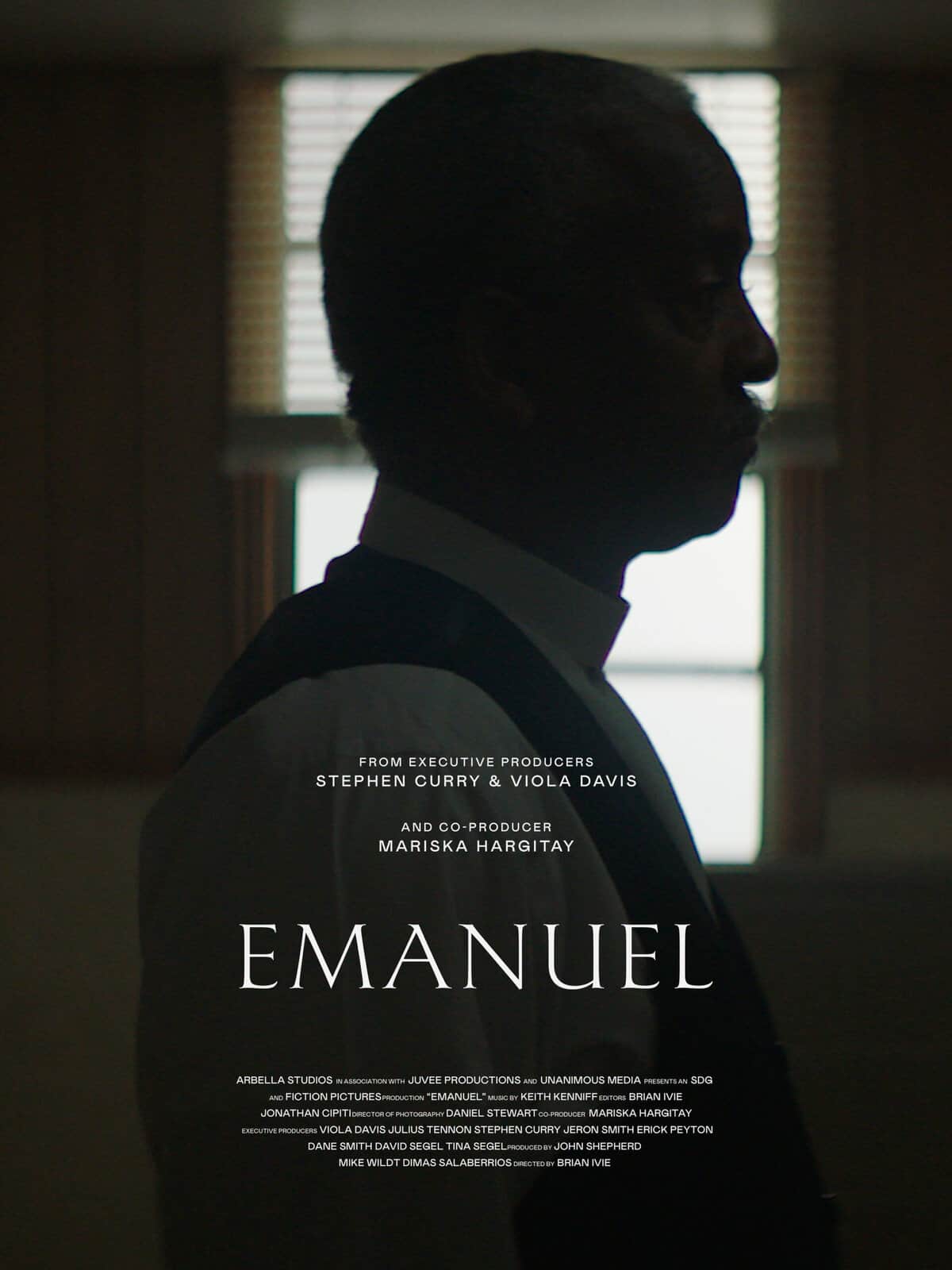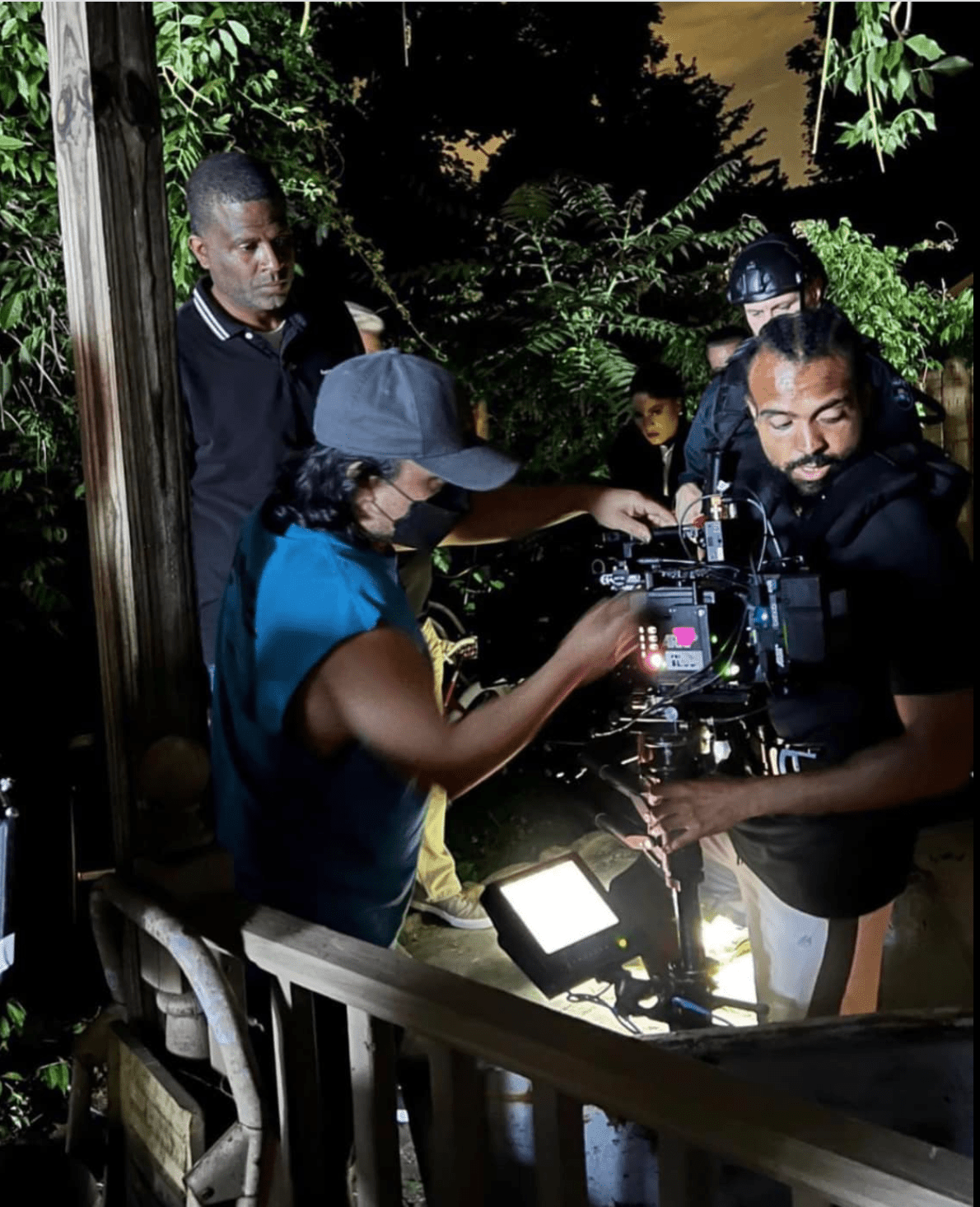
“As several shots rang out, I crouched behind a dumpster. Then I glanced behind me and caught Black Sean’s eye. What were we doing in the middle of a shoot-out?”
These are the opening sentences of Pastor Dimas Salaberrios’ 2015 autobiography, Street God. Dimas’ book describes his rise from drug dealer and crack addict, incarcerated by age 15, to pastor of a church in the Bronx, ministering to kids who were on the same path he’d been on at their age. Street God is as inspiring as it is riveting—a miraculous story of the type of changed life that only God can bring about. However, that’s not the end of his story. After acting as senior pastor at Infinity Church for 17 years, Dimas felt a new calling from God that would prove to greatly widen his sphere of influence: He became a sought-after Hollywood movie producer and director.
Dimas’ new role might soon warrant a book sequel, as he is finishing his third movie and casting for his fourth, all while his first project, the multi-award-winning Emanuel, is still making significant waves around the world. Dimas’ journey from leading a vicious life of crime to becoming a leader in the faith and now a filmmaker has been nothing short of a miracle.
According to Street God, after successfully selling both drugs and weapons in New York City under the street moniker “Daylight,” he soon expanded his operation to two other locales—Washington, D.C. and North Carolina. He aspired to be “a kingpin, a boss, a drug lord.” By the age of 18, the 6’5” charismatic dealer had, in fact, achieved his goal of becoming a “street god.”
Dimas was incarcerated several times and even became a fugitive after an escape. But as his environment grew more dangerous, Dimas came to the end of his rope. On a particular night, three women prayed over him for three hours, and the peace he found in the aftermath of that prayer marathon was undeniably real. “It was like nothing I had ever experienced. My entire body felt new. I knew this change came from Jesus, and I was happy to surrender to Him.”

Despite the immediacy of this change, Dimas had to work hard to change his life. “I carried lots of heavy baggage that didn’t just go away now that I had accepted Christ,” Dimas explains. He was discipled by a local North Carolina minister, got baptized, and began making reparations. He decided to turn himself in, since he was still considered a fugitive.
As soon as he was released, Dimas became a voracious reader and frequented several churches and revivals so he could hear others preach. He volunteered with every ministry that could use him, and he even returned to Rikers to preach to the inmates. He was later accepted into seminary and worked as a chaplain while completing his degree.
Dimas was invited to a church planting training through Redeemer City to City, the church planting arm of Redeemer Presbyterian’s family of churches and ministries, where he was assessed as a pastor and mentored by Tim Keller and others. In 2006, Dimas Salaberrios became the pastor of a church in the middle of one of the most violent projects in the poorest congressional district in the country—exactly where he wanted to be.
On June 17, 2015, 18-year-old Dylann Roof walked into a Bible study at Emanuel African Methodist Episcopal Church in downtown Charleston, South Carolina, killing nine leaders of the church, including the pastor, in a racially motivated attack. Dimas and his family quickly traveled to Charleston to be with the church congregation and help in the aftermath. “I’d learned from my time on the streets how important it is to show up to tell someone you care. I thought, ‘These are my people. They need help.’”
When movie producer Brian Tetsuro Ivie—a devout Christian and filmmaker whose first documentary, The Drop Box, grossed over $3 million—wanted to make a documentary about the faith and forgiveness of the survivors of the shooting, he approached Dimas, knowing Dimas had formed close relationships with the families involved. After the two met for their first lunch meeting, Dimas became a key producer on the film alongside Mariska Hargitay, Viola Davis, and a host of other celebrities. Emanuel debuted to popular acclaim in 2019, exactly four years after the shooting, and it won several awards.
Dimas signed on with Creative Artists Agency (CAA) and right away began on his next project, the documentary Chicago: America’s Hidden War, which details the violence the city has suffered. Denzel Washington was among a number of actors who rented theaters to make the film as accessible as possible.
One of Dimas’ latest projects is called Camp Joy, currently being filmed in New York City. “It’s based off all my years working with teens,” Dimas explains. “Teenagers are the last frontier for civil conversation and dialogue.” The planned release is December 2022. Additionally, Street God, Dimas’ autobiography, will be made into a film, which is currently in pre-production.
Dimas still preaches often, speaking regularly at concerts, events, and festivals, and he still has a heart to help young people, which serves as a theme in the movies he produces. Dimas is thrilled with his new career. “As a kid, I loved nothing more than to go to the movies. And I always dreamed that I would know Denzel Washington; I would go visit his home. But boy, was it a pleasant surprise when that dream became a reality! I still shake my head sometimes.”
Dimas has traveled a long, winding road in his life, but he has never forgotten how far he’s come.
“I’d wanted to be a street god, but something deep inside me had known all along that what I wanted was to meet the God of the streets. I now have a burning desire to return to the streets—to let young men on the same dead-end path I once walked know that Christ offers the significance and acceptance they crave.”
Christina Ray Stanton is an author/writer who has published numerous articles as well as an award-winning book about 9/11.


